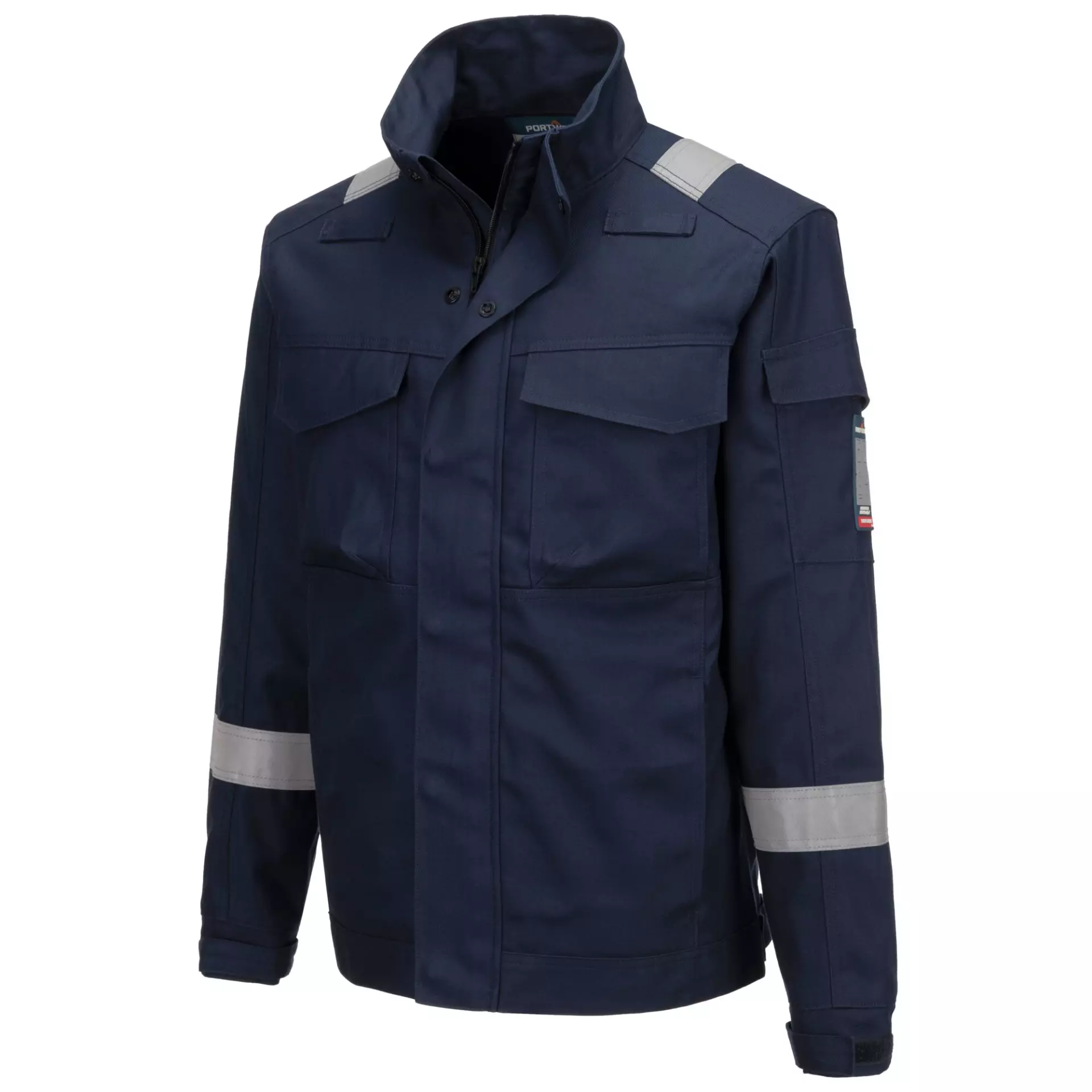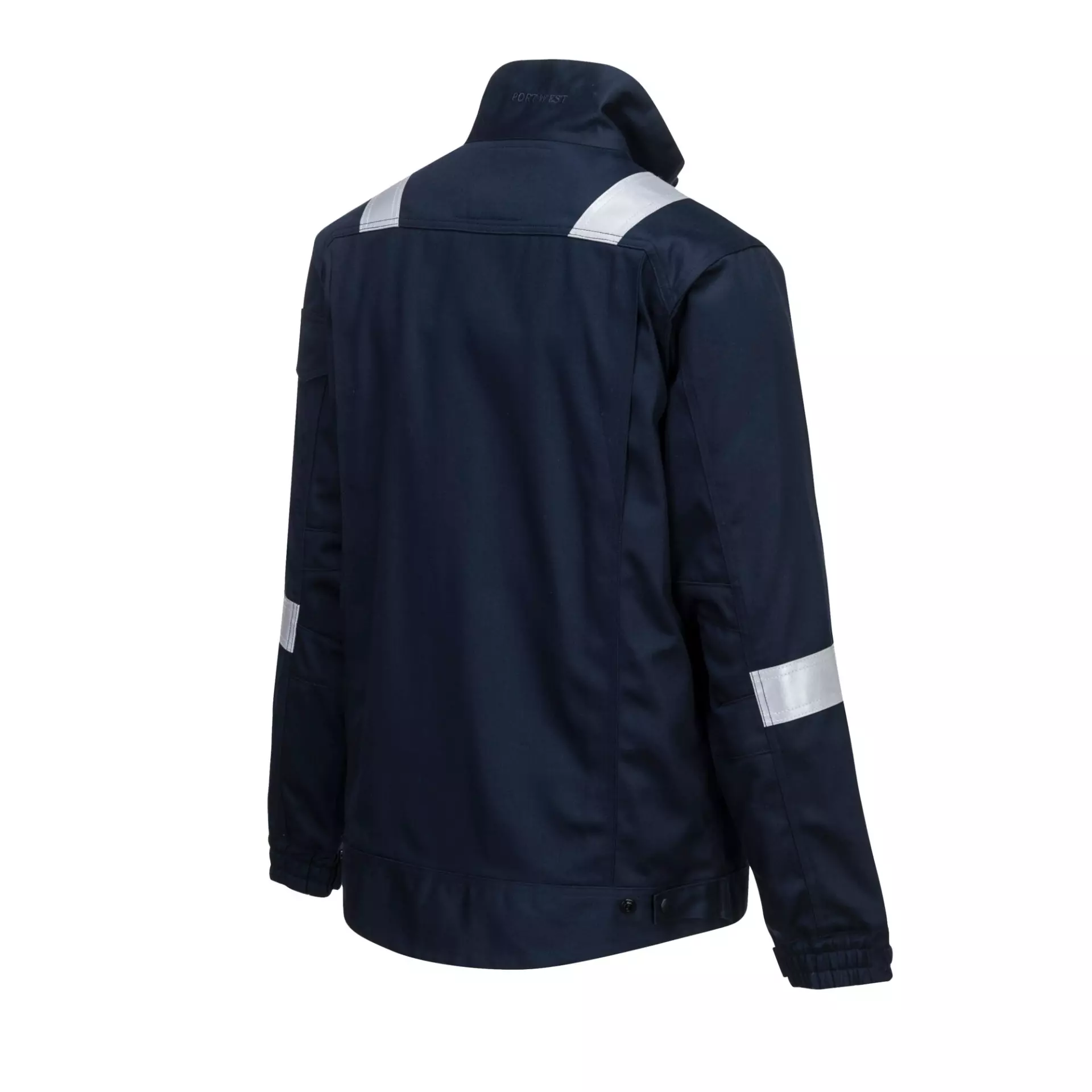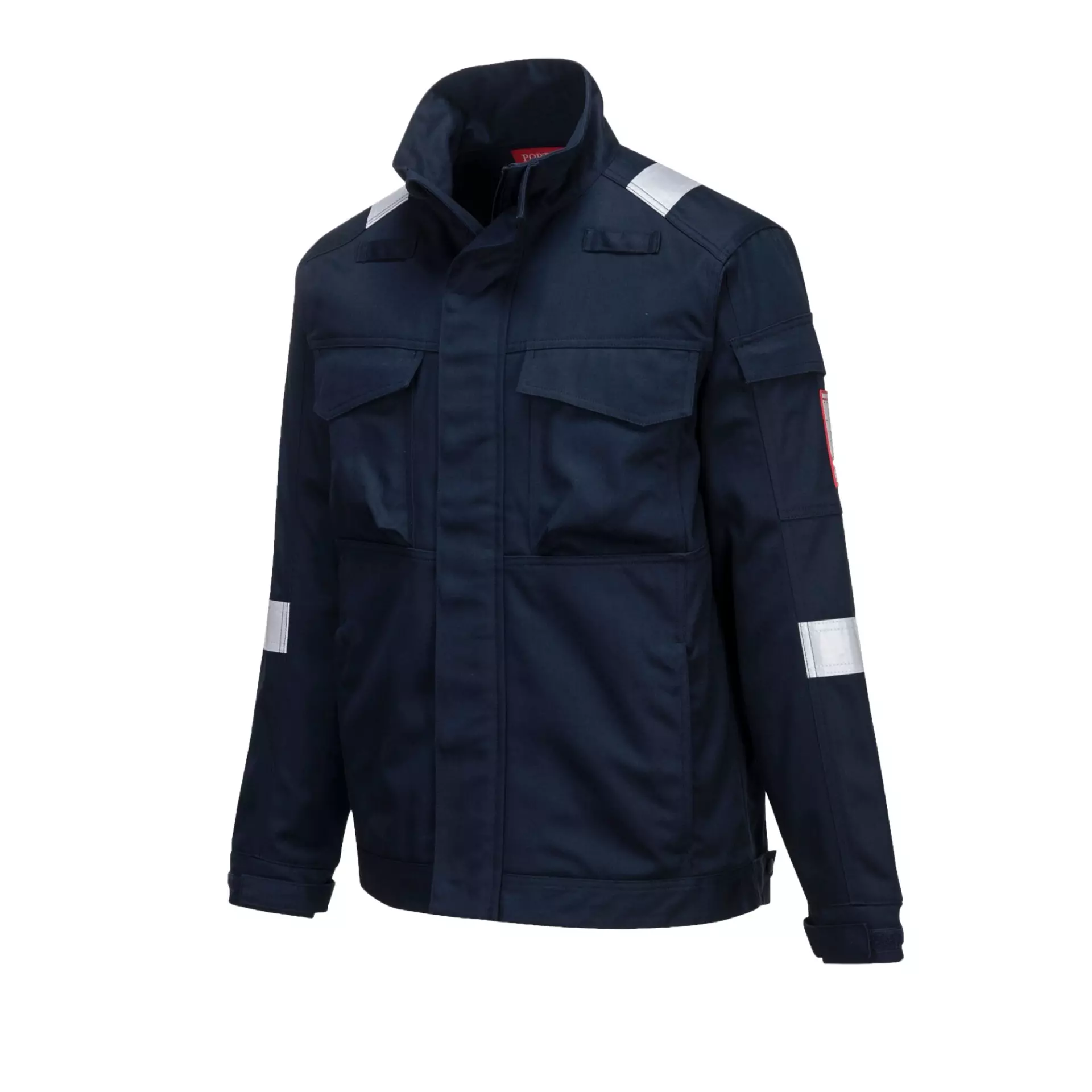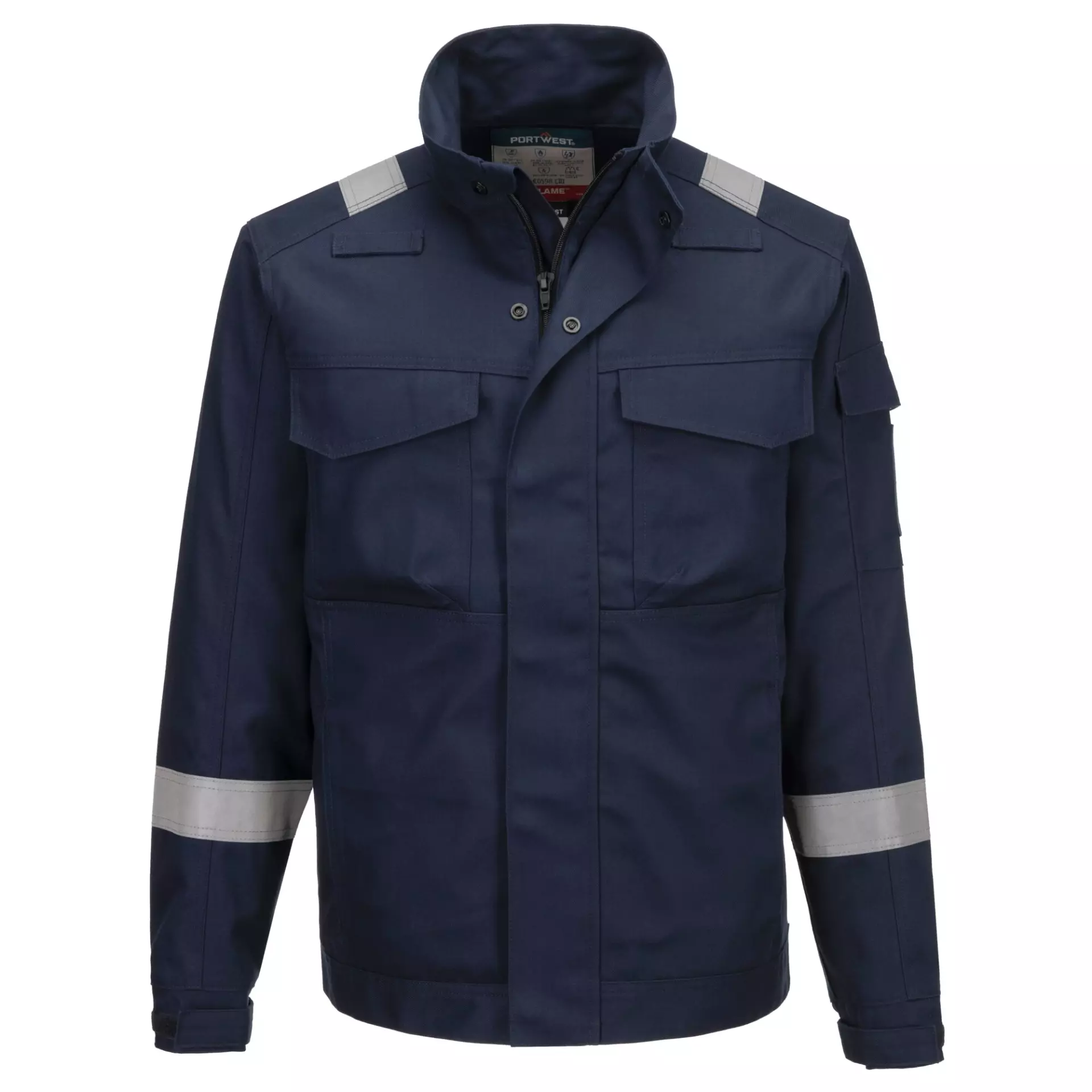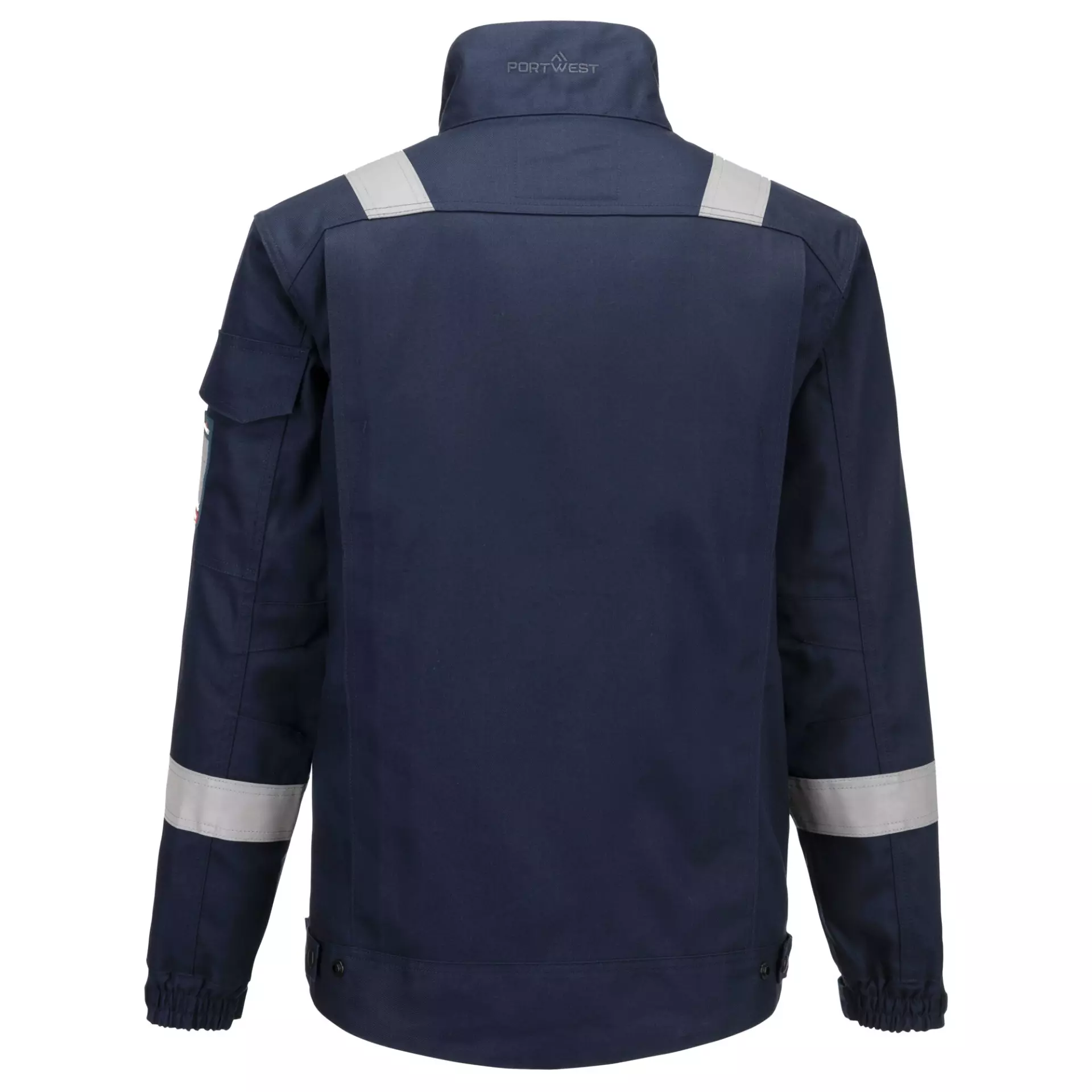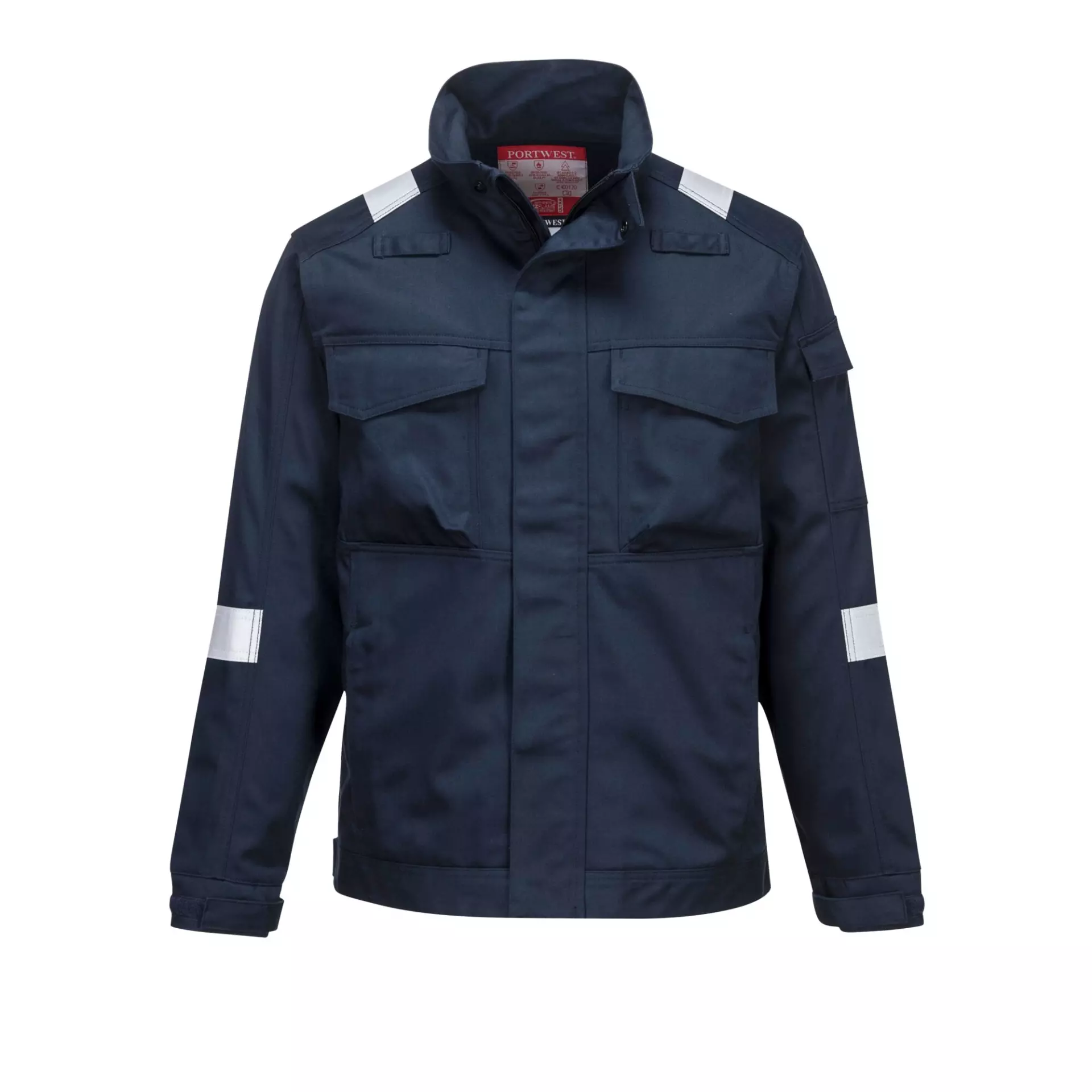
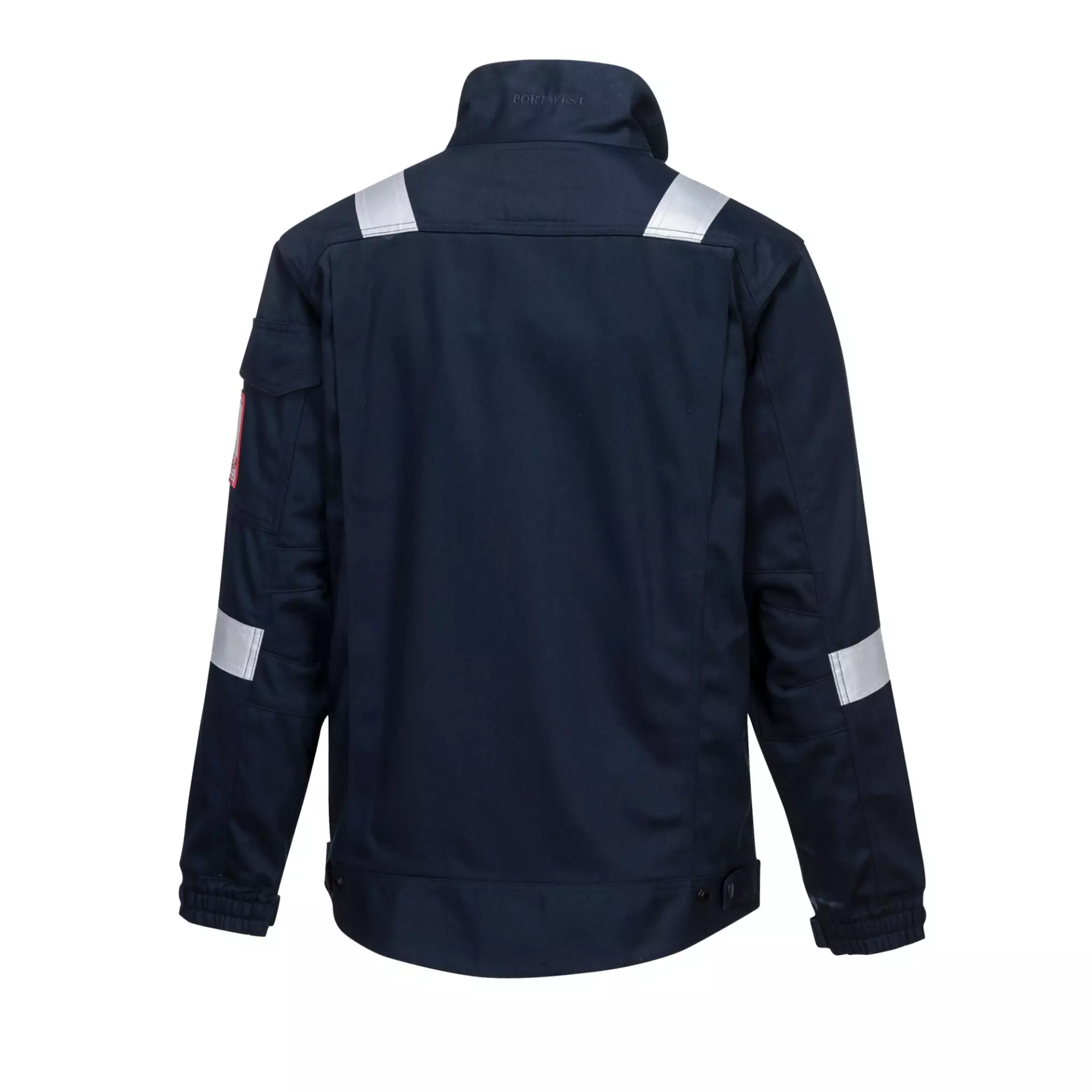
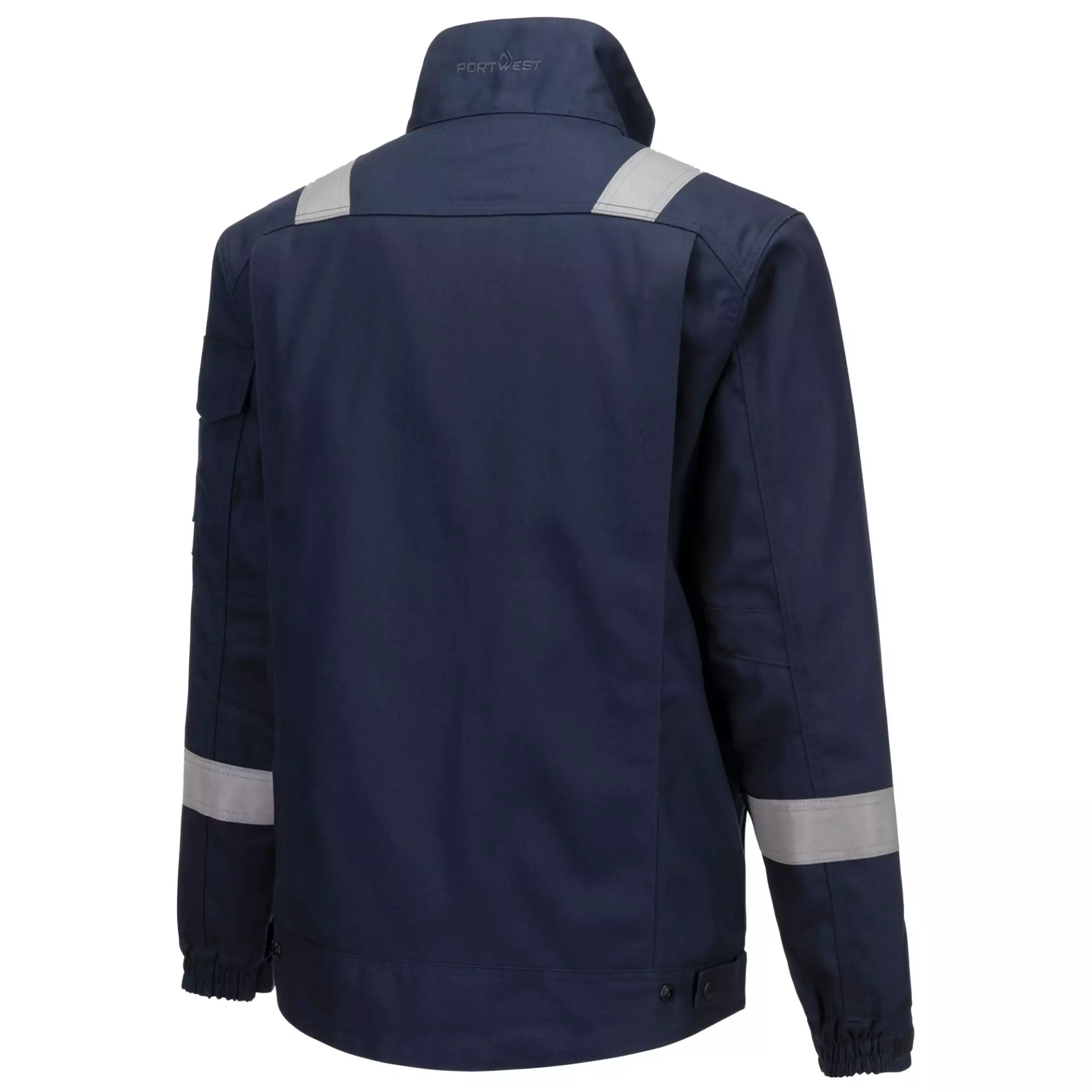
Features You'll Love
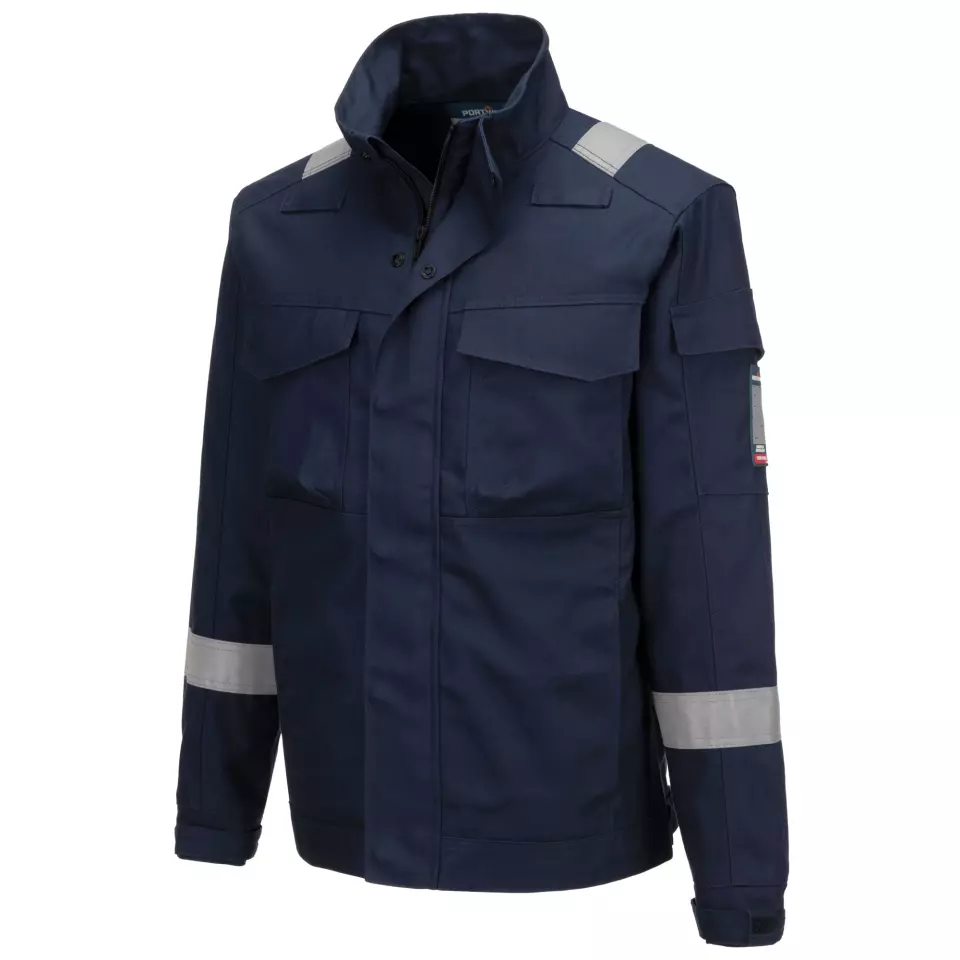
Cuff Style · Hook And Loop
How the sleeve opening closes or fits at the wrist, affecting protection from elements and comfort during movement.
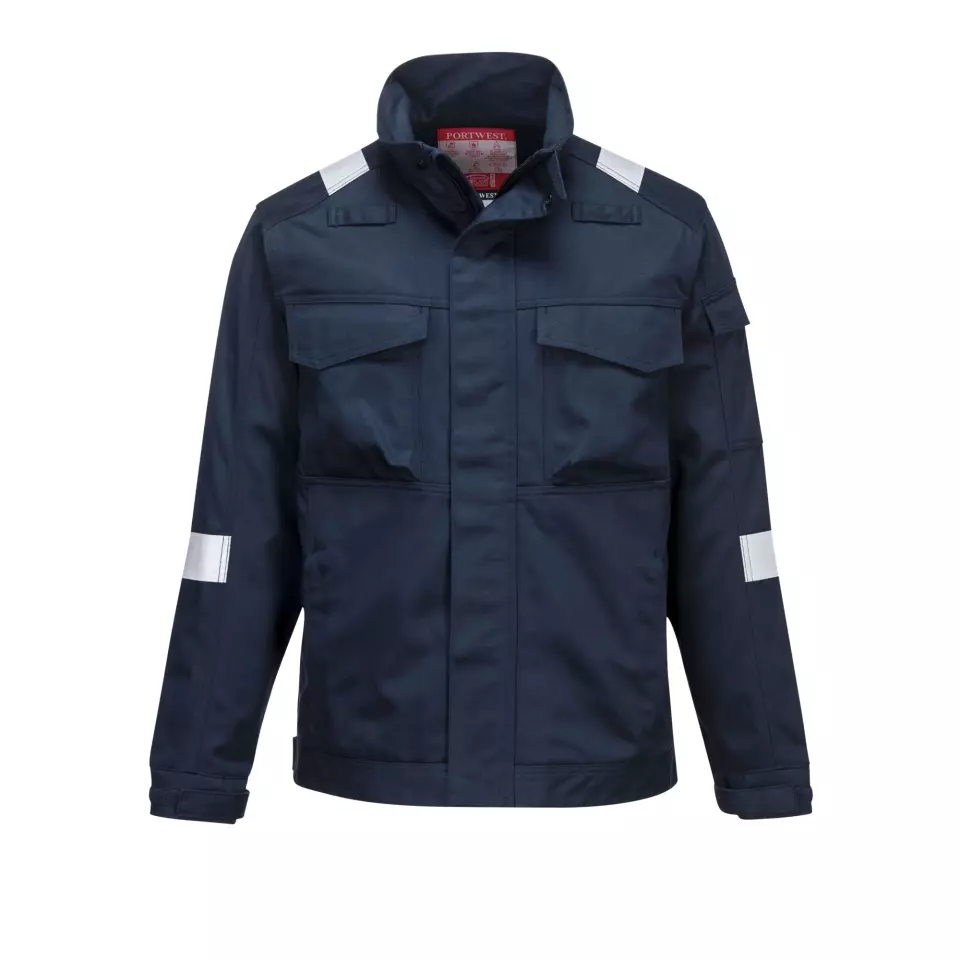
Number of Pockets · 5
Indicates the total count of individual pocket compartments available for storing tools, devices, and personal items while working.

Material · Cotton, Fabric, Polyester, Carbon Fibre
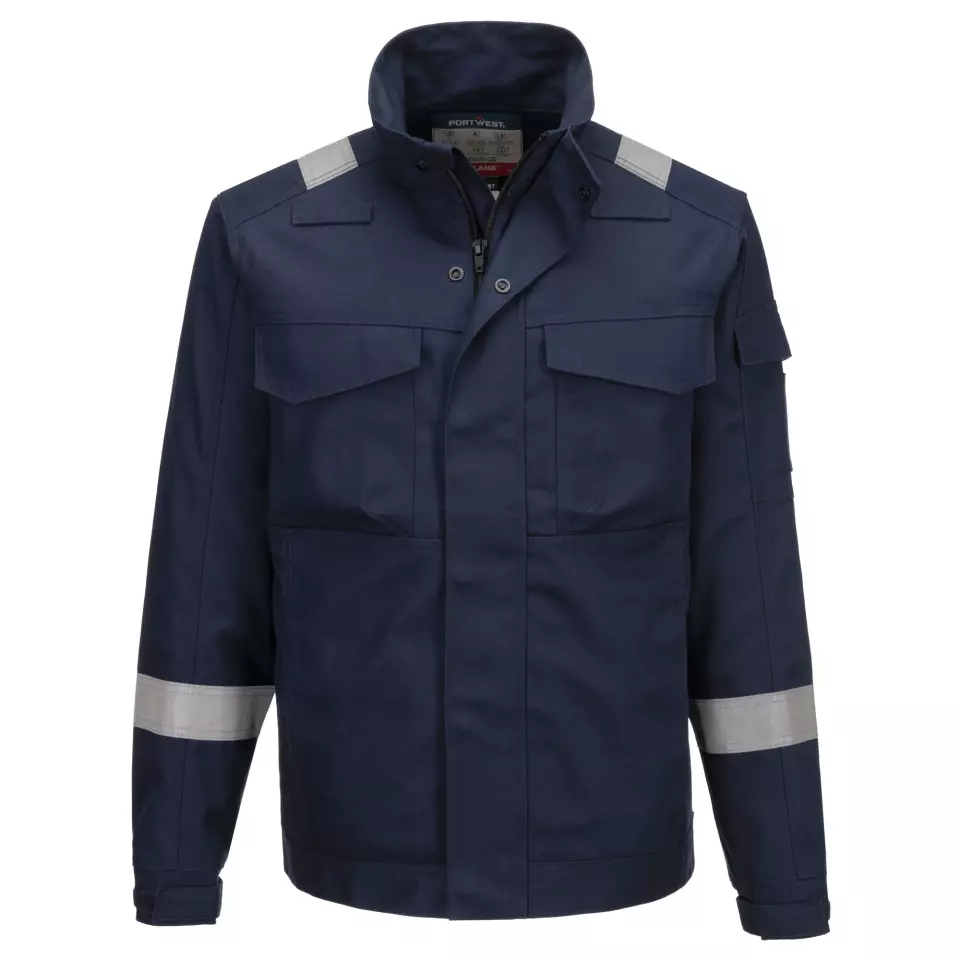
Closure Style · Zipper
The method used to fasten the jacket or vest, affecting ease of use, security, and weather protection during work activities.
105,79 €
Choose size
Free delivery
Features You'll Love

Cuff Style · Hook And Loop
How the sleeve opening closes or fits at the wrist, affecting protection from elements and comfort during movement.

Number of Pockets · 5
Indicates the total count of individual pocket compartments available for storing tools, devices, and personal items while working.

Material · Cotton, Fabric, Polyester, Carbon Fibre

Closure Style · Zipper
The method used to fasten the jacket or vest, affecting ease of use, security, and weather protection during work activities.
Product description
This flame-resistant industrial jacket provides comprehensive protection against multiple workplace hazards including heat, molten metal splash, and arc flash incidents. Constructed with a special FR polyester blend fabric, it delivers outstanding durability while maintaining industrial laundry compatibility at high temperatures. The jacket features extensive safety certifications and is designed for demanding environments including offshore and ATEX-classified areas.
Product Features
- Hook and loop cuffs for secure fit
- External standards label for quick identification of protection levels
- Radio loops for easy clipping of radio equipment
- 5 pockets for ample storage
- Sew on flame resistant industrial wash tape
Technical Details
- Special FR polyester blend fabric construction
- Industrial laundry wash at 75°C and tunnel dry at 155°C
- Non-magnetic design - nickel and ferrous free
- 40+ UPF rated fabric blocks 98% of UV rays
- Protection against radiant, convective and contact heat
Recommended Applications
- Off-shore operations
- On-site industrial work
- ATEX environment applications
Standards
- EN ISO 11612 (A1+A2, B1, C1, E2, F1)
- EN ISO 11611 Class 1 (A1 + A2)
- EN 1149-5
- IEC 61482-2 IEC 61482-1-1 (ELIM 11 CAL/CM², ATPV 13 CAL/CM²)
- IEC 61482-2 IEC 61482-1-2 APC 1
- EN 13034 Type 6
- EN 17353 Type B2
- ASTM F1959/F1959M-12 (ATPV 16 CAL/CM² (HAF 83.7%))
- CE-CAT III certified
